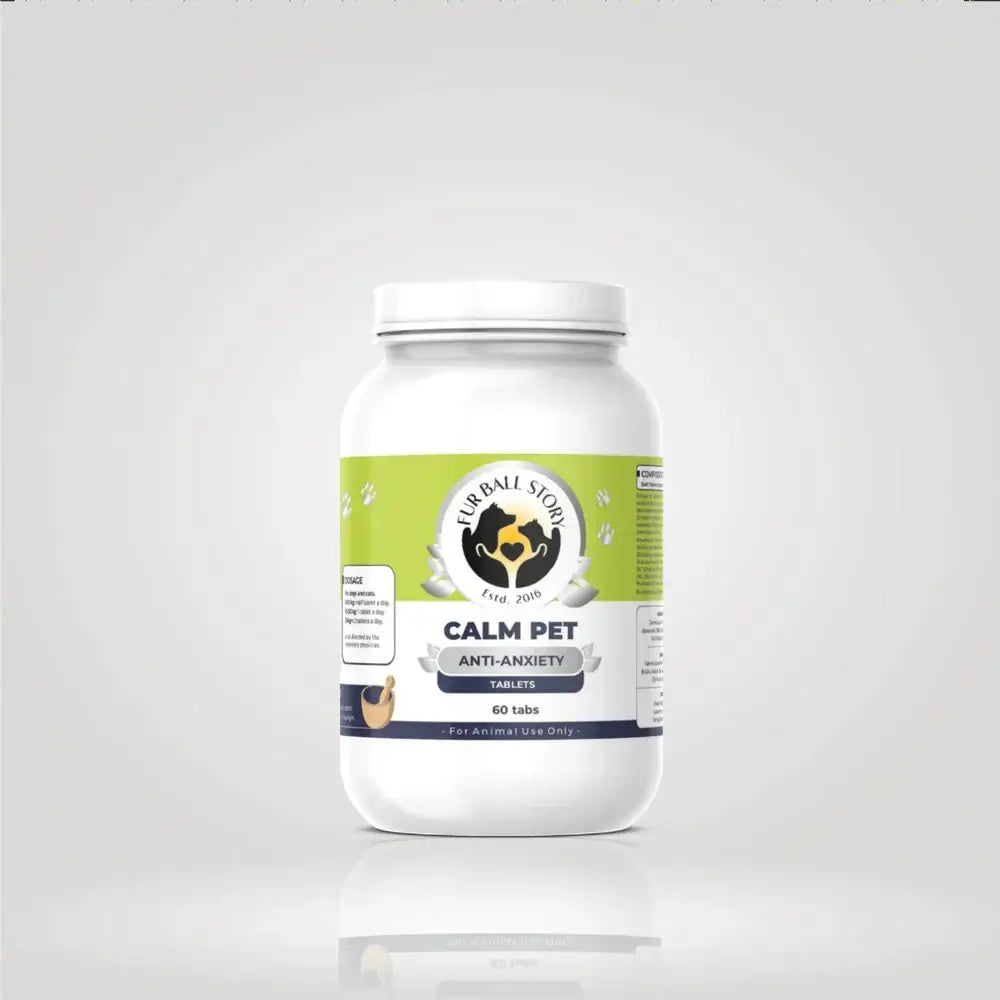Main menu
Shop All products
36 products
Showing 1 - 24 of 36 products
Showing 1 - 24 of 36 products
Display
View


Fur Ball Story
Shampooch Tick Free: Tick Preventive Dog Shampoo - 300ml
Sale priceFrom Rs. 449.00
Regular priceRs. 1,347.00
73 reviews


Fur Ball Story
Tick Free: Tick & Flea Repelling Spray For Dogs & Cats - 100ml
Sale priceFrom Rs. 299.00
Regular priceRs. 598.00
82 reviews


Fur Ball Story
Shampooch: Best Dog Shampoo For Healthy Skin & Shiny Coat - 300ml
Sale priceFrom Rs. 449.00
Regular priceRs. 1,347.00
38 reviews


Fur Ball Story
Dermaprove: Antifungal Dog Shampoo - 200ml
Sale priceFrom Rs. 337.00
Regular priceRs. 375.00
20 reviews


Fur Ball Story
Shampooch Meow Care: Cat Shampoo for Healthy Skin & Shiny Fur - 300ml
Sale priceFrom Rs. 449.00
Regular priceRs. 1,497.00
15 reviews
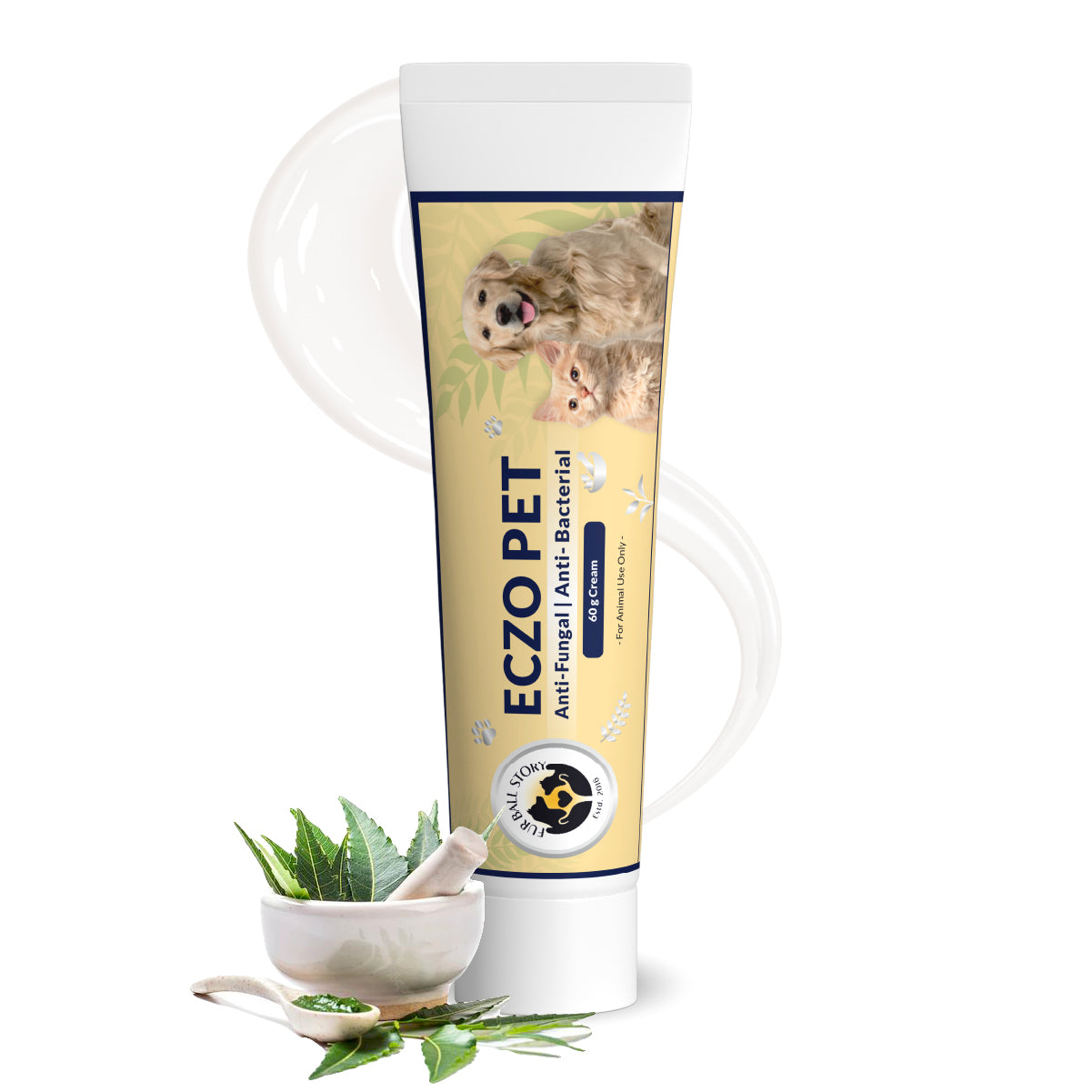

Fur Ball Story
Eczo Pet Cream: Treats Skin Infections In Dogs & Cats - 60gm
Sale priceFrom Rs. 199.00
Regular priceRs. 398.00
137 reviews


Fur Ball Story
Heal Pet: Wound Healing Cream For Dogs & Cats - 60gm
Sale priceFrom Rs. 199.00
Regular priceRs. 398.00
46 reviews


Fur Ball Story
Injury & Infection Protection Combo Pack
Sale priceFrom Rs. 398.00
Regular priceRs. 796.00
52 reviews


Fur Ball Story
CanniVin Spray: Oral Nutrition Spray For Healthy Skin & Shiny Coat In Dogs & Cats - 20ml
Sale priceFrom Rs. 466.00
Regular priceRs. 549.00
58 reviews

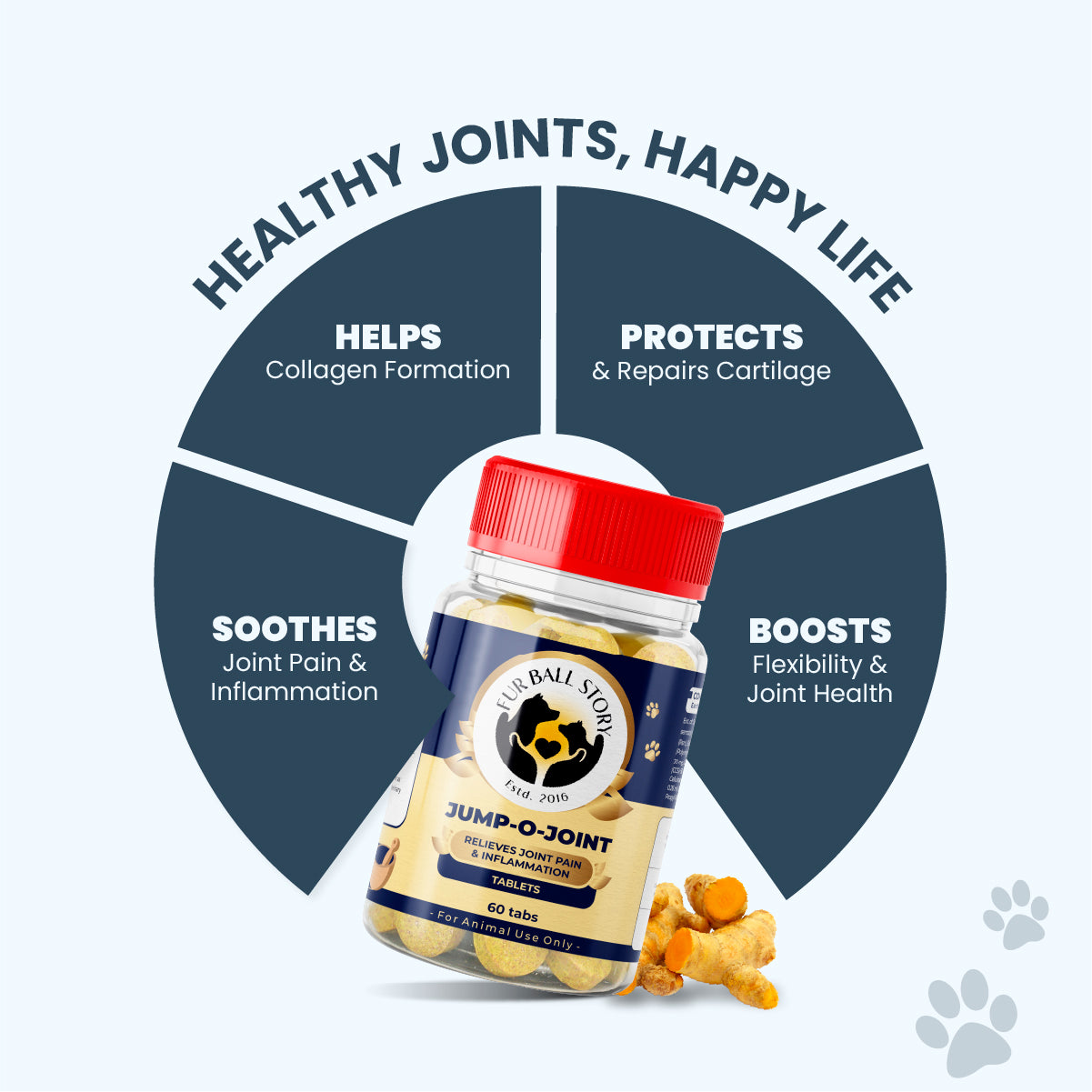
Fur Ball Story
Jump-O-Joint Tablet: Relieves Joint Pain in Dogs & Cats (60 Tab/81gm)
Sale priceFrom Rs. 549.00
Regular priceRs. 1,098.00
56 reviews

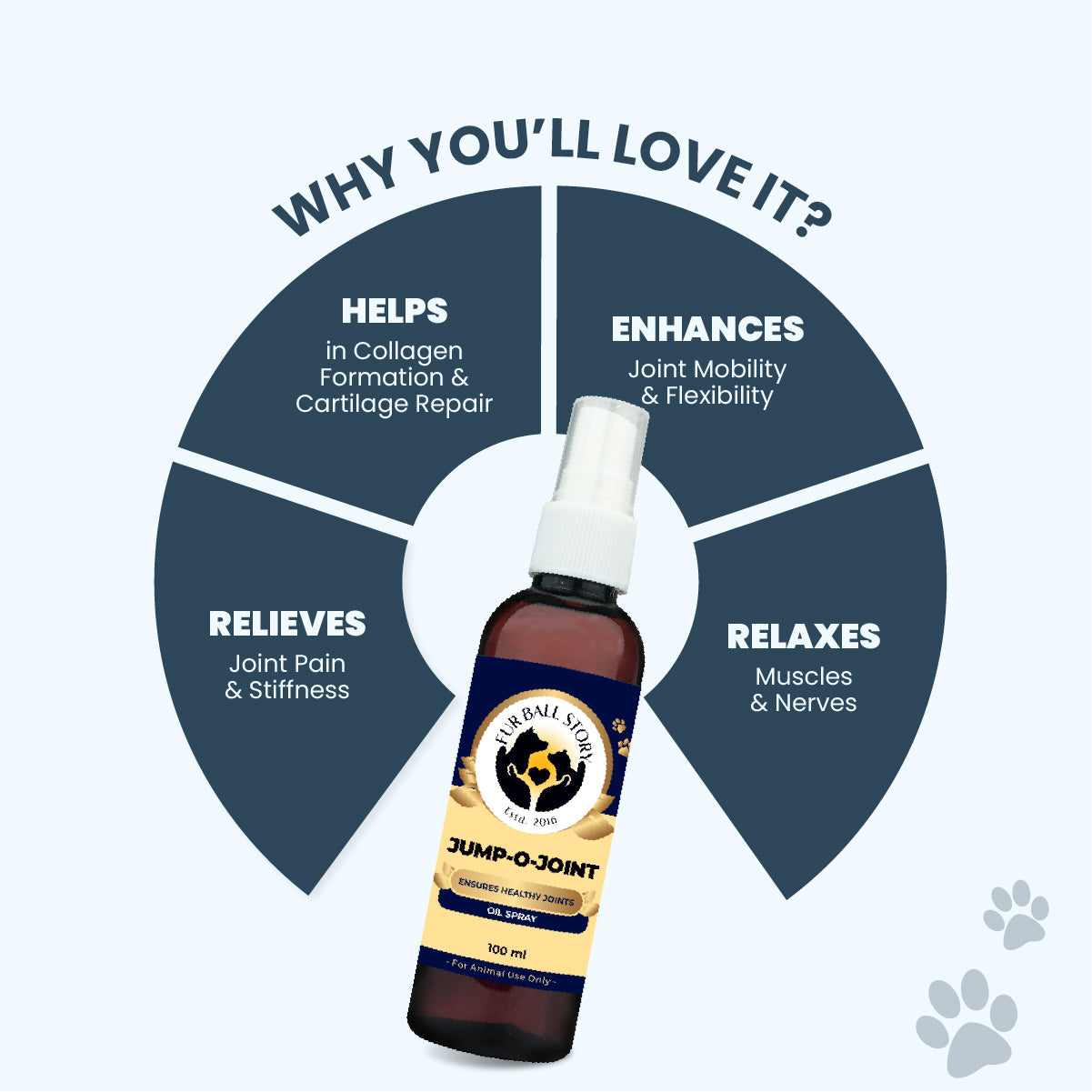
Fur Ball Story
Jump O Joint (Oil): For Joint Pain Relief in Dogs & Cats - 100ml
Sale priceFrom Rs. 599.00
29 reviews


Fur Ball Story
Jump-O-Joint Duo: Maximizing Joint Care in Pets
Sale priceRs. 999.00
Regular priceRs. 1,148.00
23 reviews
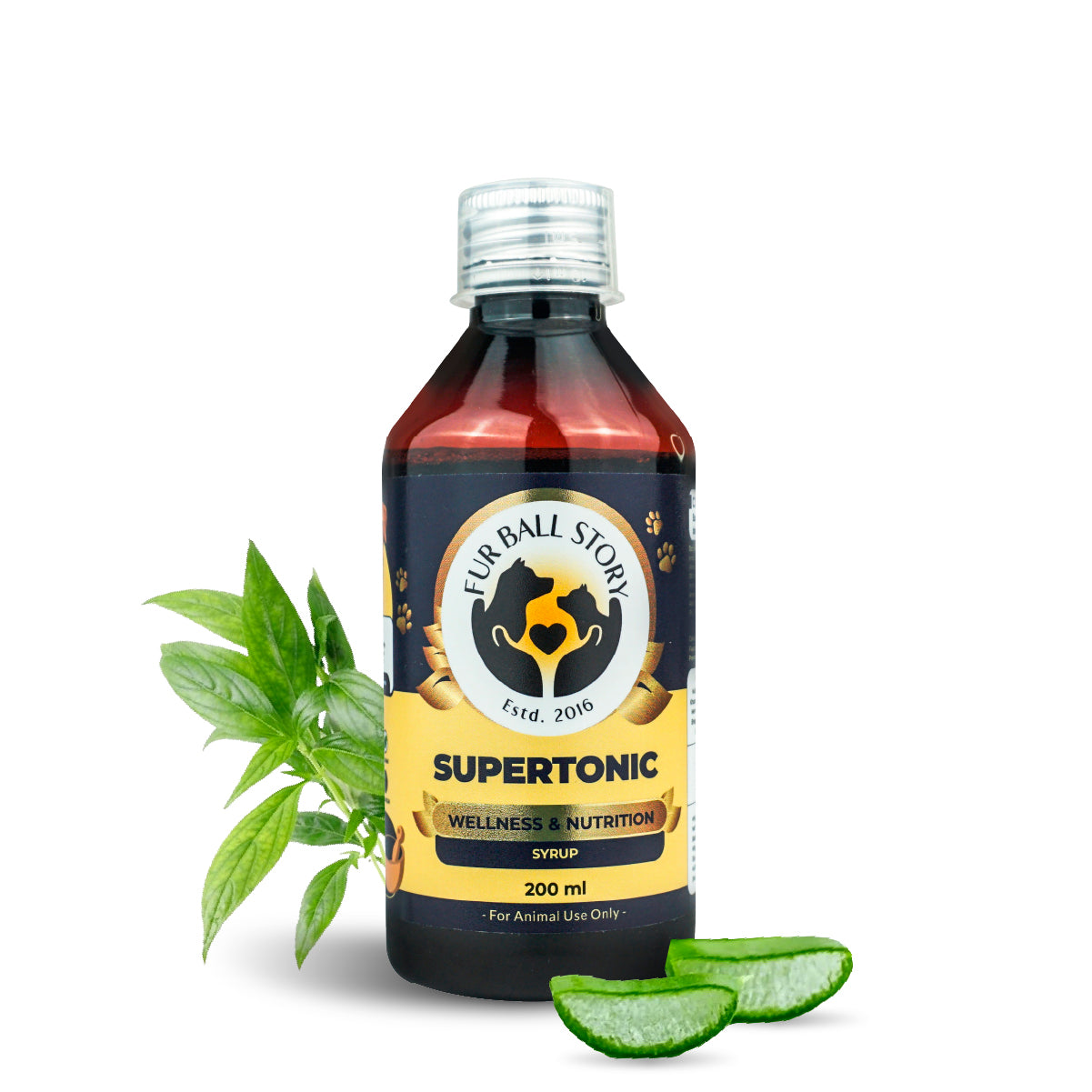
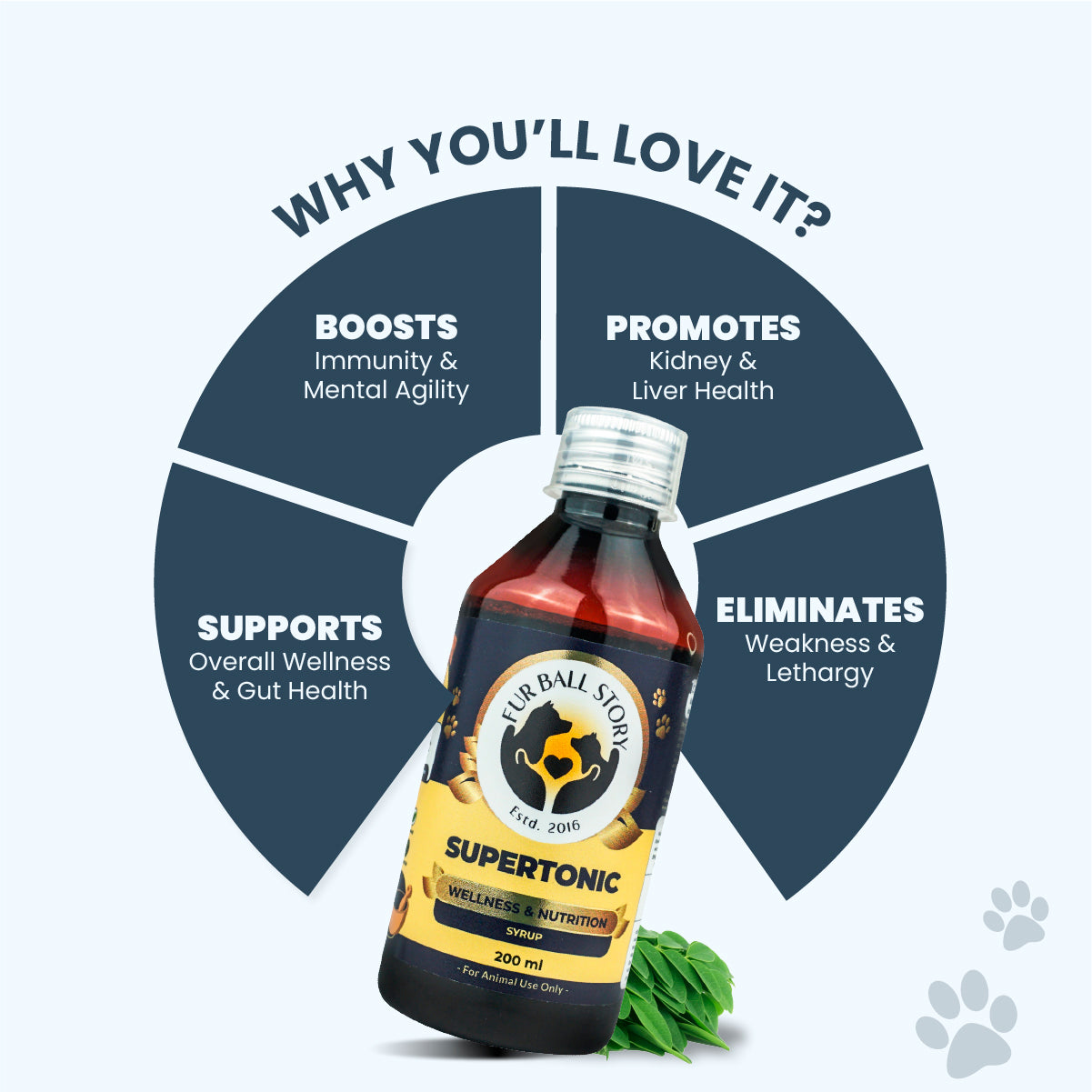
Fur Ball Story
Supertonic Syrup: Ensures Head to Tail Wellness of Dogs & Cats - 200ml
Sale priceFrom Rs. 349.00
Regular priceRs. 698.00
72 reviews


Fur Ball Story
Fev Pet: Fever, Cough & Cold Relief Syrup For Dogs & Cats - 60ml
Sale priceFrom Rs. 199.00
45 reviews


Fur Ball Story
Pacho Pet: Relieves Stomach Problems In Dogs & Cats - 100ml
Sale priceFrom Rs. 203.00
Regular priceRs. 225.00
53 reviews


Fur Ball Story
Wag Boost - Pet Food Topper for Healthy Bones, Skin & Immunity
Sale priceFrom Rs. 679.00
Regular priceRs. 799.00
16 reviews
Filters (0)
Recently viewed
FAQ
At Fur Ball Story, you can find a wide range of Ayurvedic petcare products ranging from preventive and curative medicines, shampoos, oral supplements, sunscreen, food toppers, combo packs and many more.
Yes, most of our products are designed for both cats and dogs. However, some of the products may by only for dogs. Make sure you check the product details to know if it is cat-friendly or not.
Get in touch with our team of experts to clarify all your queries related to our products and services at +91- 9958180564
Any question?
If we still haven't answered your question, you can contact us below and we will get back to you as soon as possible.
Customer support
+91 99581-80564
Send a message
Info@furballstory.com
















